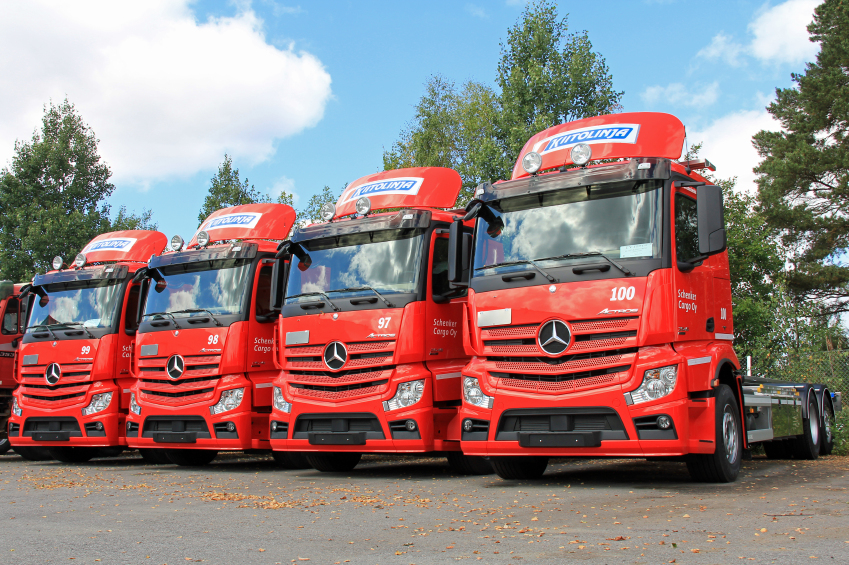Dispatch School Debate: What Will Autonomous Vehicles Mean For The Trucking Industry?

But the drive towards autonomous tech hasn’t just been confined to consumer vehicles. Within the dispatch industry, great strides have been made towards more autonomous trucks, with companies like Peterbilt, Daimler, and others working to develop innovative new systems.
So is autonomous technology a good or bad thing for those preparing for transportation careers? Read on to find out more.
What Can Dispatch Course Graduates Expect From Autonomous Technology?
Autonomous truck systems, such as the Mercedes-Benz Future Truck 2025 and the Daimler Freightliner Inspiration Truck, use combinations of radar sensors, cameras and vehicle-to-vehicle (V2V) communications to allow limited self-driving capabilities in certain situations. An AV system is estimated to add about $40,000 to the cost of a truck.
So far, the hardware has mainly been used for unobstructed highway driving, though dispatch course students might be intrigued by some of the possibilities manufacturers are looking into. Peterbilt, for instance, has developed an adaptive GPS system that will allow trucks to operate on a pre-mapped course through more urban areas.
The company is also working with Peloton on a platooning system. Platooning is a concept where multiple trucks use V2V communications to ‘platoon’ in tight formations on highways, with the lead truck plotting the course.

How Autonomous Tech Could Change a Dispatch School Graduate’s Career
Of course, it’s important to emphasize that these systems don’t do away with truck drivers. In an autonomous setup, the driver is still present and will take control of the vehicle when needed. What self-driving technology does is allow drivers a chance to rest or focus on other tasks during long stretches of driving.
AVs essentially change the role of drivers, placing more emphasis on system monitoring and administrative tasks, such as route planning and freight booking. Michael Rofman of consultancy firm WeiserMazars even suggested that, “Future truck drivers will be known as commercial vehicle operators (CVO) because their job will increasingly encompass more than driving a truck as new technology enters the industry.”
Challenge to AV Implementation in the Dispatch Industry
While some in the industry have raised fears that autonomous technology will lead to fewer jobs and lower wages for drivers, others have welcomed the changes. Fleet owners believe that autonomous vehicles will help solve the current driver shortage by making trucking a more attractive profession to young people.
Nonetheless, dispatch school students shouldn’t expect AVs to become common until much later in their careers. Research firm Frost & Sullivan has predicted that just 7,970 autonomous trucks will be on the road by 2025. Even by 2035, when that number is predicted to increase to 182,031, AVs will still only make up around 10 per cent of trucks on the road.

Check out our dispatcher training courses for more information.

